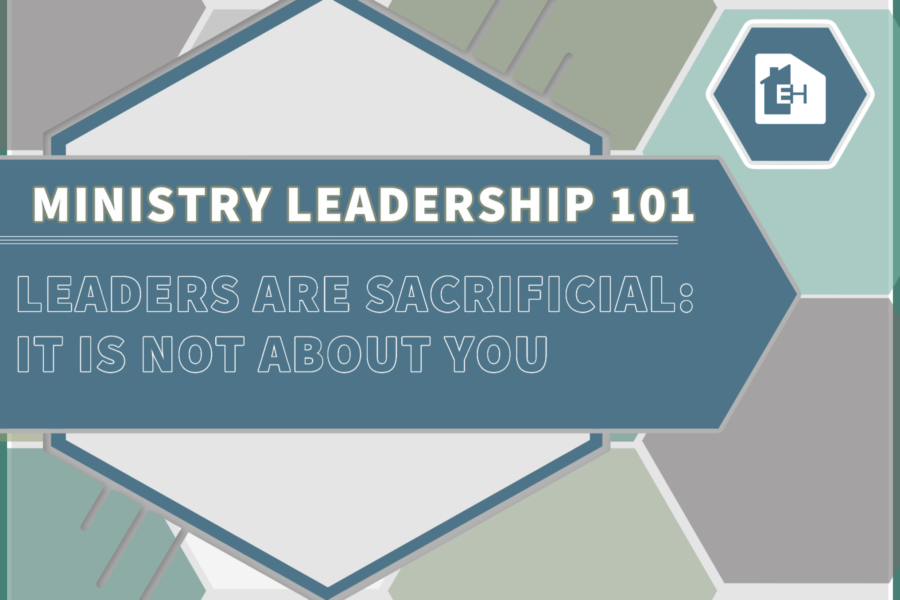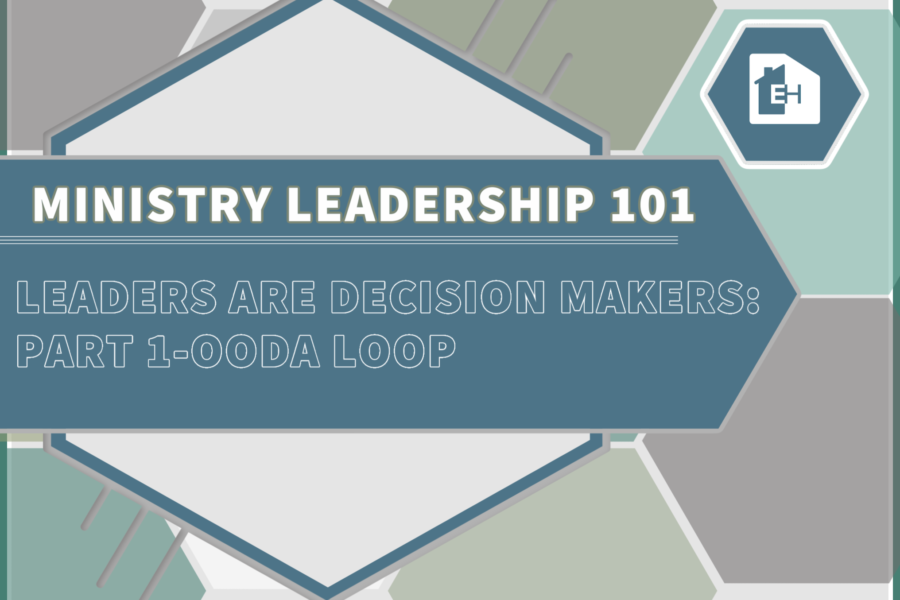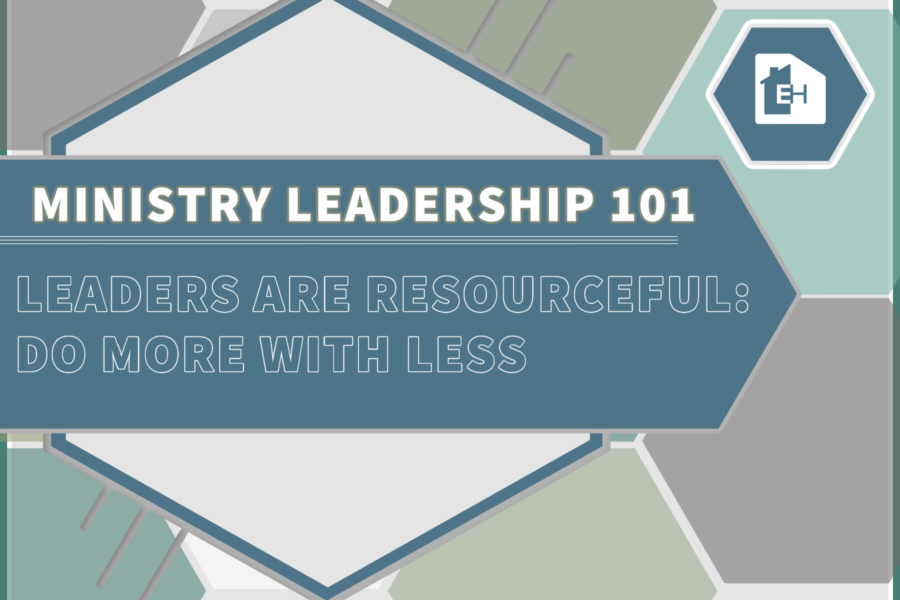I was a young lieutenant when my Commanding Officer, John Allen, introduced me to the concept of a “2,000-year-old mind.”
“With thousands of years of recorded history,” he said, “there is no excuse for the lack of constant study.” Previous to his comments I had read military books and history, but I did not seriously study or ask myself the hard questions of how to put such knowledge to work. My learning was passive. I was content with the leadership lessons I had gleaned from practical application in my own life. I was content that I had done my part.
After hearing his words that day, I resolved to correct my thinking. I committed to learn as much as I could. I vowed to never let my failures or those of my team be because I did not “do my homework.”
So what does this mean for the ministry leader?
First of all, leaders read. Period. I have had numerous conversations with Pastors who have not read a book since college or seminary. They provide a number of reasons to excuse this deficiency but simply put, leaders are readers. The leadership benefits of reading are wide-ranging. Evidence suggests reading can improve intelligence and lead to innovation and insight. Reading can also make you more effective in leading others. For leaders who preach or teach on a regular basis, reading increases verbal intelligence, making a leader a more adept and articulate communicator. Finally, an active literary life can make you more personally effective by keeping you relaxed and improving health. Chesterton once remarked that “there is a great deal of difference between an eager man who wants to read a book and a tired man who wants a book to read.” I quite often find myself floating back and forth between these two feelings.
Secondly, vary your reading. I have met several ministry leaders who refuse to read “secular” books. I will admit that most of the books I read are faith-based books written by authors with a Christian worldview. However, a number of them are not. Several of the books I enjoy are thoughtful accounts of history, leadership lessons, and practical life hacks. These books will be profitably read through the lens of an intelligent Christian worldview, though the books themselves are often not written from such a worldview. To quote Al Mohler, “The world needs more careful Christian readers, who can read honestly, reflectively, thoughtfully, eagerly, and well.”
So for the ministry leaders who desire to “do their homework” how can you get started? Here are a few tips:
Join a group.
One of the leaders on my staff reads a book with his Men’s Ministry leadership team a few times a year. This helps keep each other accountable along with the benefit of shared learning. Find a group of friends who will do the same with you.
Set a goal.
My Senior Pastor is an avid reader. He sets a great example for our staff in this area. He has a personal goal to read 200 pages a day. His goal exceeds more pages than most of us will ever read in a day; however, the principle is important, quantify a goal and work towards it!
Apply your reading to your work.
Are you struggling with a problem at your church? Pick up a book on neuroscience or psychology. Grab a book about emotional intelligence or time management. You get the gist. Vary your reading and see if there are ways in which you can apply the lessons from those fields to your ministry.
Encourage others.
After working on a project with staff or volunteer leaders, I’ll often send them a book that I think they’ll enjoy. Try it out; it might encourage discussion, cross-application of important lessons, and a proliferation of readers in your congregation.
Read for fun.
Not all reading has to be developmental. Read to relax, escape, and put your mind at ease.
Reading has many benefits, but it is underappreciated as an essential component of leadership development. I encourage you to develop a “2000-year-old mind and do your homework!” Your church and your staff thank you!
Ministry Leadership 101 is a series of articles and videos by Brad Flurry based upon his experiences leading Marines for almost two decades. He captures lessons and principles from his career in the military and shares how they can be applied to lead ministry teams. You can reach him at bflurry@kingsland.org.








